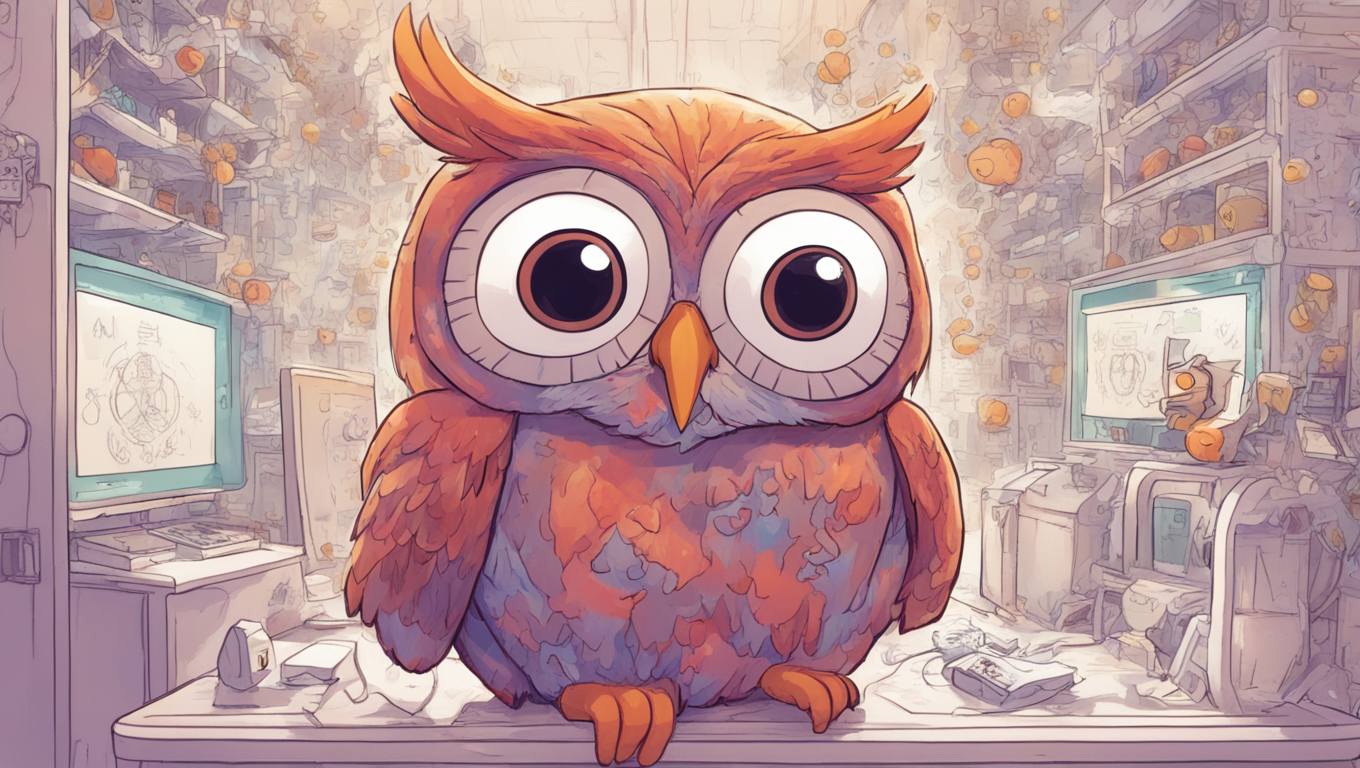Duolingo, the popular language learning app, has recently faced backlash after it fired its human translators and replaced them with artificial intelligence (AI). This move towards AI integration began almost a year ago and has resulted in a 10% reduction in Duolingo’s contractor workforce. While the company claims that the decision was based on the expiration of contracts and the efficiency of AI, many users have expressed their disappointment and intention to cancel their subscriptions.
One Reddit user, Rlokan, stated, “I am all for AI supporting humans, but I’m not going to pay for my subscription to help them put more people out of a job.” This sentiment reflects the concerns shared by many who worry about the impact of automation on employment opportunities. However, Duolingo’s shift towards AI is part of a broader effort to streamline and improve the platform, making it more cost-effective to maintain.
The changes implemented by Duolingo in 2023 have contributed to this shift towards AI. In February, the company announced the closure of its discussion boards, followed by the introduction of Duolingo Max in March. Duolingo Max, a subscription option priced at £19.99 per month, allows users to engage in role-playing conversations with AI characters and ask the Duolingo owl questions about language learning, with responses generated by AI. These changes have not only eliminated the need for human translation, but also limited user interaction to AI-based interactions.
The decision to lay off human translators was brought to light by Reddit user No_Comb_4582, who shared an “exit survey” email from the company. According to the post, two out of four core team members were let go, while the remaining two will solely review AI-generated content for acceptability. While AI has made significant advancements in language translation, it still struggles to detect the nuances that human translators are skilled at recognizing. Moreover, without proper monitoring, AI can produce errors, as demonstrated by a similar incident involving Gizmodo’s Spanish language team in September 2023.
Duolingo’s controversial AI translation strategy highlights the ongoing debate surrounding automation and its implications for the labor market. While AI has the potential to improve efficiency and reduce costs, it also raises concerns about job displacement and the human touch that can be lost in automated processes.
As Duolingo and other companies continue to leverage AI, it is crucial to find a balance between embracing technological advancements and preserving the unique and valuable contributions of human professionals. As technology continues to evolve, it is essential to monitor and assess its impact on various industries, ensuring that the benefits outweigh any adverse consequences.





Use the share button below if you liked it.